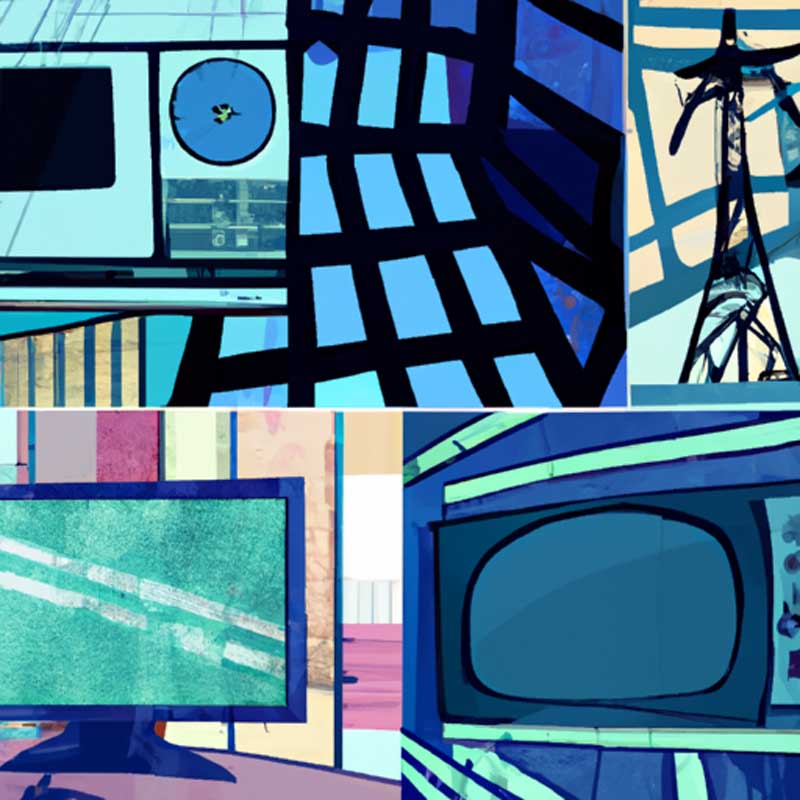In 2023, generative artificial intelligence (AI) grew significantly, with training methods shifting from supervised to unsupervised. This change, along with the vast improvements in processor performance and storage, allowed the AI to produce a much wider variety of content across multiple domains. However, with this advancement, problems of accuracy and bias emerged. The rise of generative AI also raised job concerns, particularly within the knowledge work field, where the technology has the potential to replace human workers.
- Generative AI has become increasingly prevalent in 2023, leading some to refer to it as the “Year of Generative AI”.
- Unsupervised training methods and advancements in technology have allowed AI to produce a diverse array of content.
- Generative AI has been shown to have accuracy and bias problems, raising ethical concerns.
- The rise of generative AI has raised job concerns, particularly in the field of knowledge work.
While the advances in AI in 2023 were significant, they brought with them a range of challenges. Generative AI, capable of creating content in multiple areas, suffered from problems of accuracy, raising concerns about their reliability and trustworthiness. The bias in these systems was also seen as a significant issue, with AI’s being influenced by the content they were trained on, potentially leading to discriminatory outcomes.
Generative AI also posed a significant threat to jobs, particularly within the knowledge work field. The idea of replacing human workers with AI systems became a real concern, with potential impacts on the economy and society as a whole. This has sparked a debate about the ethical considerations of the use and advancement of AI technology.
In conclusion, while 2023 saw massive strides in the development and application of Generative AI, these advancements also revealed numerous ethical and practical challenges. As we move into 2024 and beyond, these issues will undoubtedly continue to be at the forefront of discussions regarding the use and evolution of AI.
